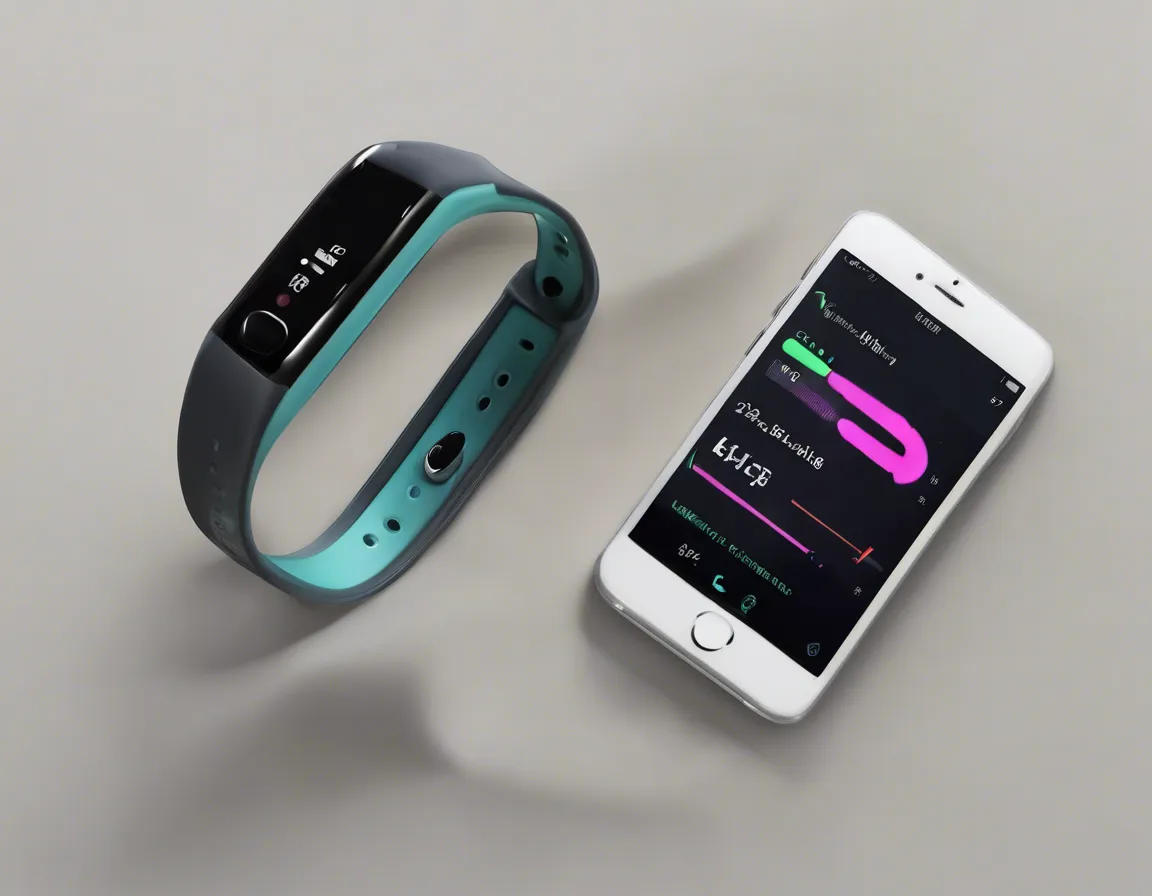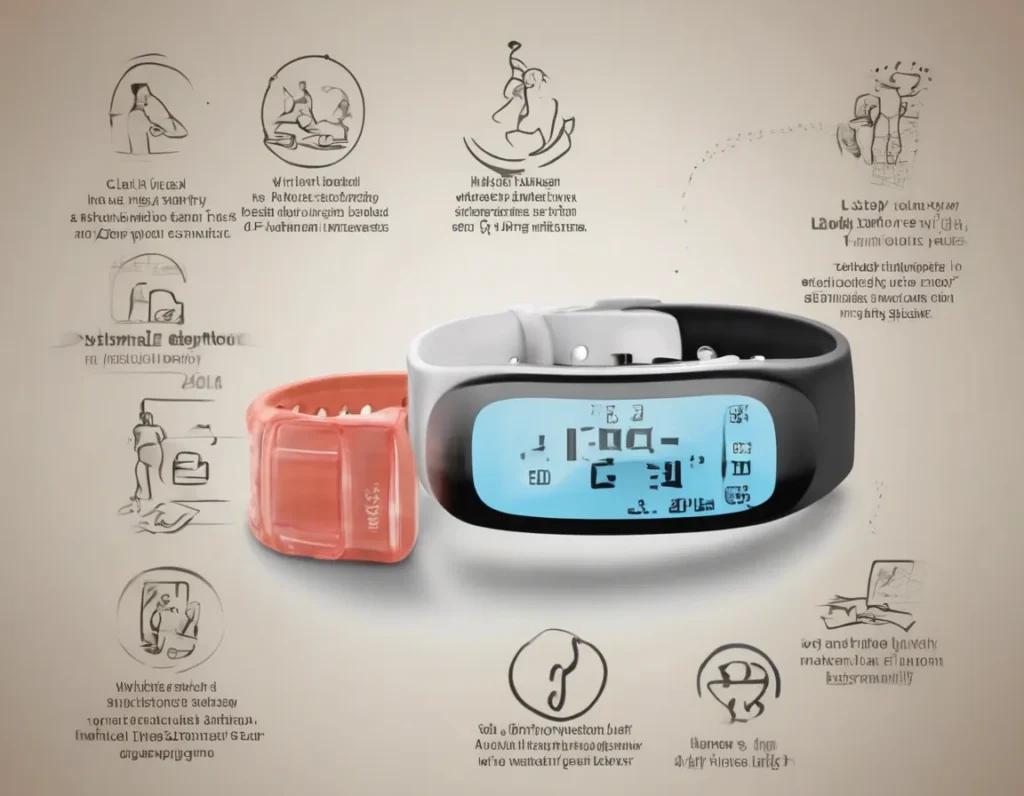
Discover common Health Tracker Mistakes to avoid while using the top health tracker of 2025. Maximize your wellness journey with these valuable tips.
Ignoring Battery Life
Many people forget to keep their health tracker’s battery charged. Regular charging is essential to ensure you don’t miss out on tracking important health data. Remember, even the most accurate health tracker 2025 won’t help if it’s dead.
Neglecting your health tracker’s battery life can lead to missing critical health statistics. By charging it regularly, you ensure continuous monitoring of your health, which is vital for achieving your wellness goals.
Keeping an eye on your health tracker’s battery life is crucial. Consistent use requires regular charging to avoid any interruptions in data collection. This way, you can maintain a comprehensive record of your health activities.
Not Updating Software
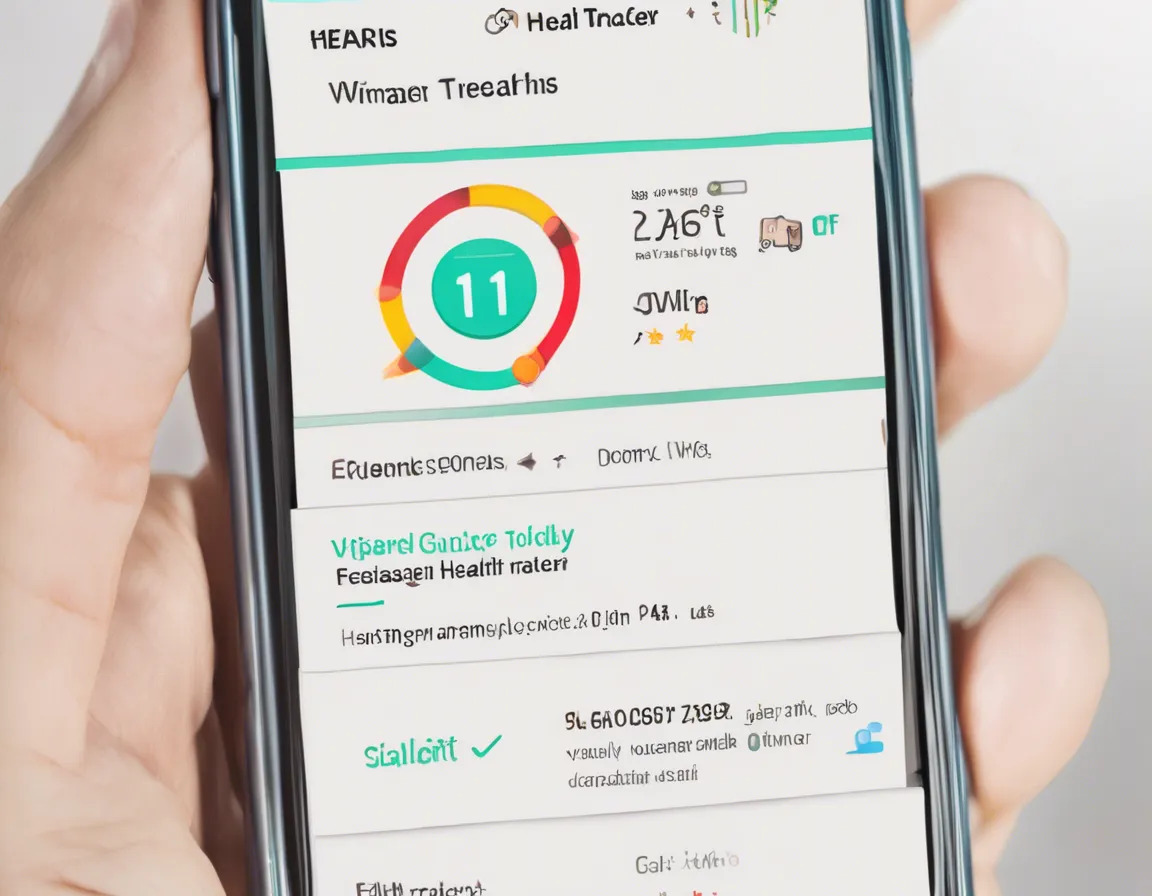
One of the common health tracker mistakes is skipping software updates, which can make your health tracker less effective. By keeping the software current, you can benefit from the newest features and enhancements, ensuring your device works at its best.
Regularly updating your health tracker’s software helps fix bugs and improve performance. Staying updated ensures your tracker provides accurate data, helping you make better decisions about your health.
Software updates often include security improvements. By updating your health tracker, you protect your personal health data from potential threats, ensuring your information stays safe and secure.
Improper Fit
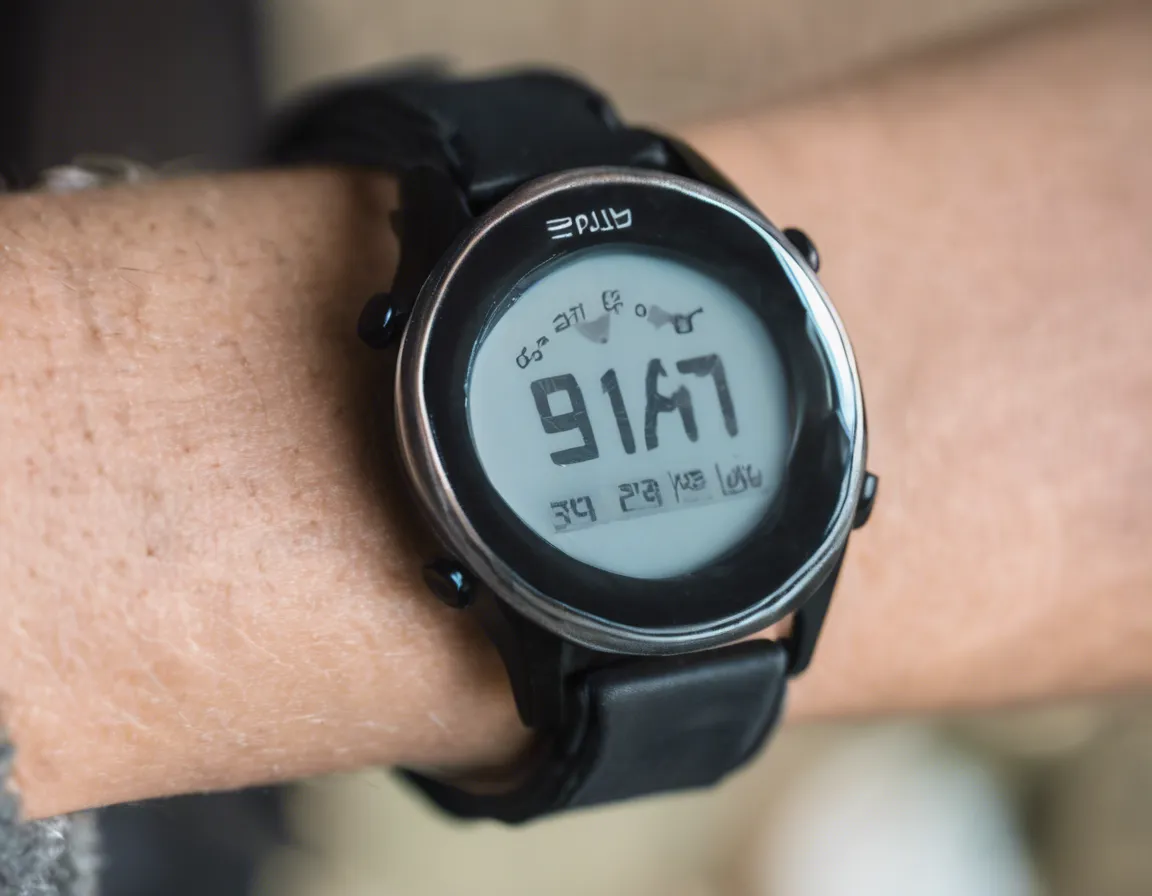
A loose health tracker, which is another health tracker mistakes, can give you wrong readings. Make sure your device fits snugly on your wrist to capture the most accurate data. This helps in getting a true measure of your health stats.
Having your health tracker too tight can also cause issues. It might be uncomfortable and can even affect the sensors’ ability to read your vital signs correctly. Adjust the strap so it’s firm but not restrictive.
Regularly check the fit of your health tracker. Your wrist size can change due to various factors like temperature and activity levels. A quick adjustment can ensure you continue to get the most accurate health data.
Overlooking Calibration
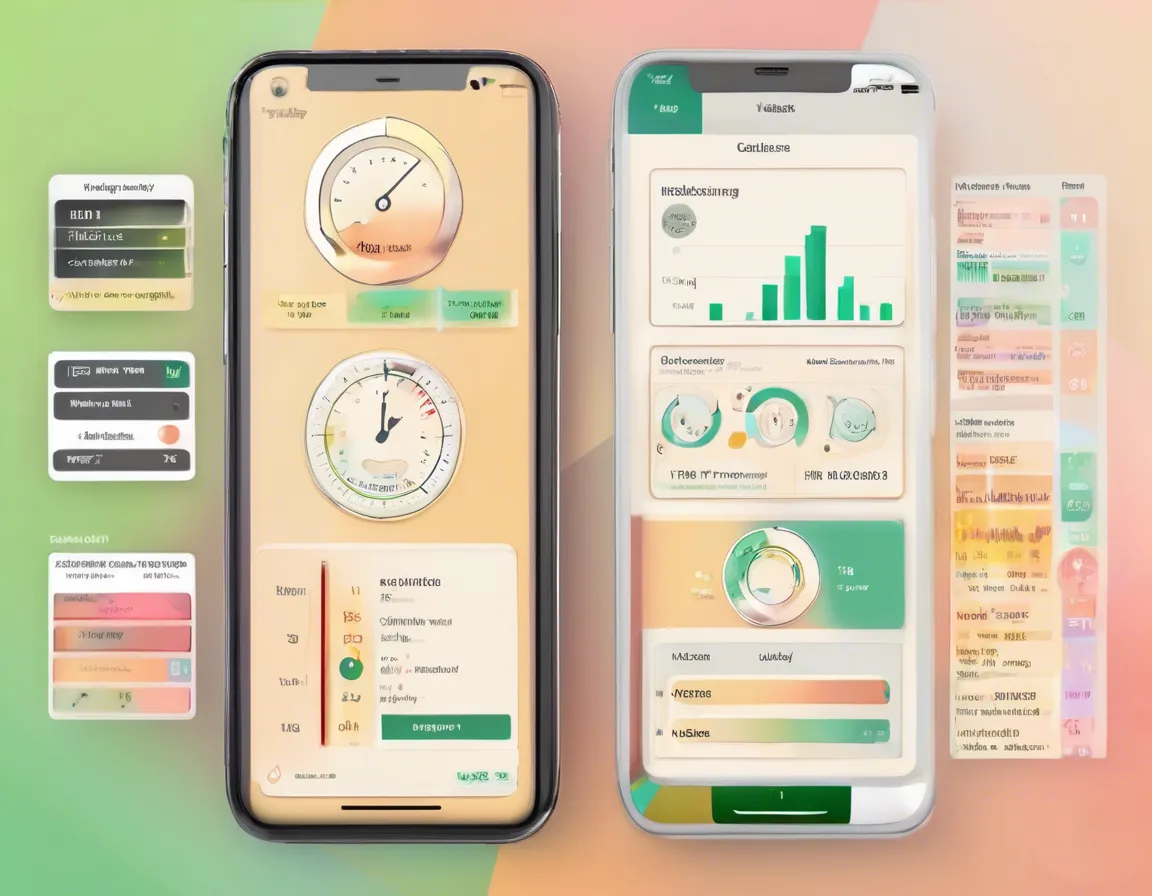
To avoid Health Tracker Mistakes, Calibrating your health tracker is essential for getting accurate readings. Regularly following the instructions ensures that the data you rely on truly reflects your health status, helping you make better decisions.
Most people miss out on the benefits of their health tracker because they skip the calibration step. Without proper calibration, the device’s measurements can be off, leading to misguided health choices.
To get the most accurate health tracker in 2025, make sure to calibrate it according to the manufacturer’s guidelines. This simple step can significantly improve the reliability of the information your tracker provides.
Ignoring Data Insights
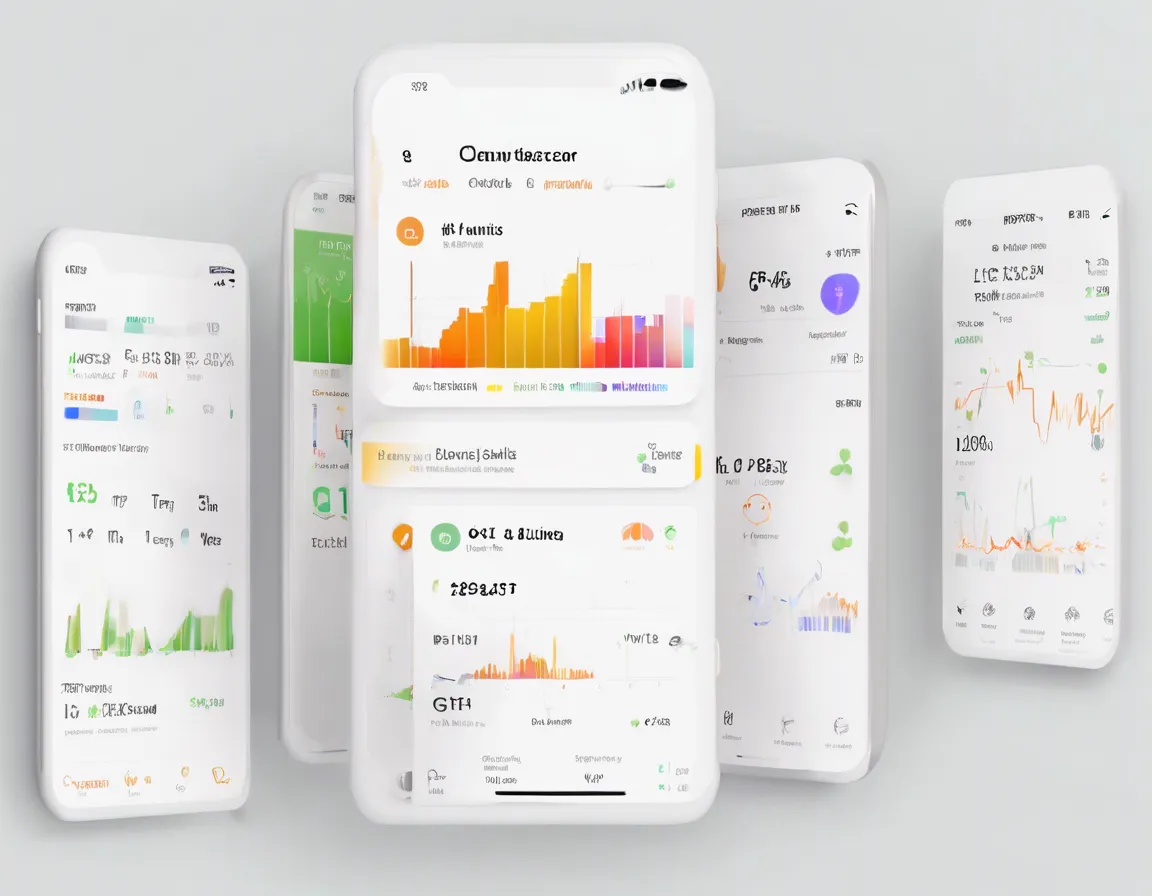
Your health tracker gives you useful data. Don’t just ignore it. Use the information to make better health choices and improve your overall wellness. The most accurate health tracker 2025 can help you understand your body better and stay on track.
Many people do Health Tracker Mistakes when they overlook the data from their health trackers, missing out on valuable information. By paying attention to these details, you can spot trends and make changes to your routine that can boost your health and fitness.
Ignoring the insights from your health tracker means missing out on opportunities to improve your well-being. Use the data to set goals, monitor progress, and stay motivated. The most accurate health tracker 2025 can be your partner in achieving a healthier lifestyle.
Not Setting Goals
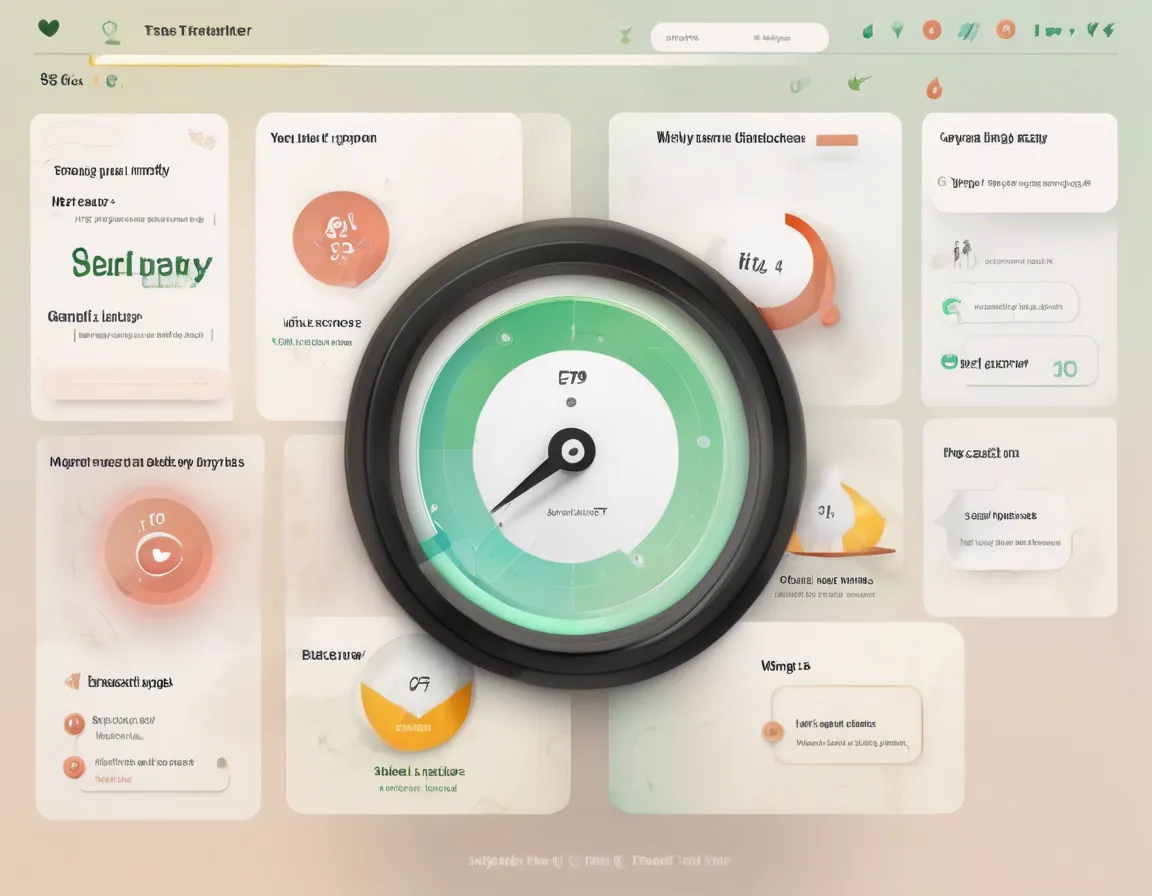
To be on the safe side of committing Health Tracker Mistakes, Setting health goals can keep you on track. Use your health tracker to set personal targets and monitor your progress. This way, you stay motivated and see better results over time.
Without clear goals, it’s easy to lose focus. A health tracker can help you set achievable targets and remind you of your progress. This boosts your commitment and keeps you moving forward.
Tracking your health goals makes a big difference. Use your health tracker to set specific, measurable targets. This not only keeps you motivated but also helps you achieve better health outcomes.
Overreliance on Tracker
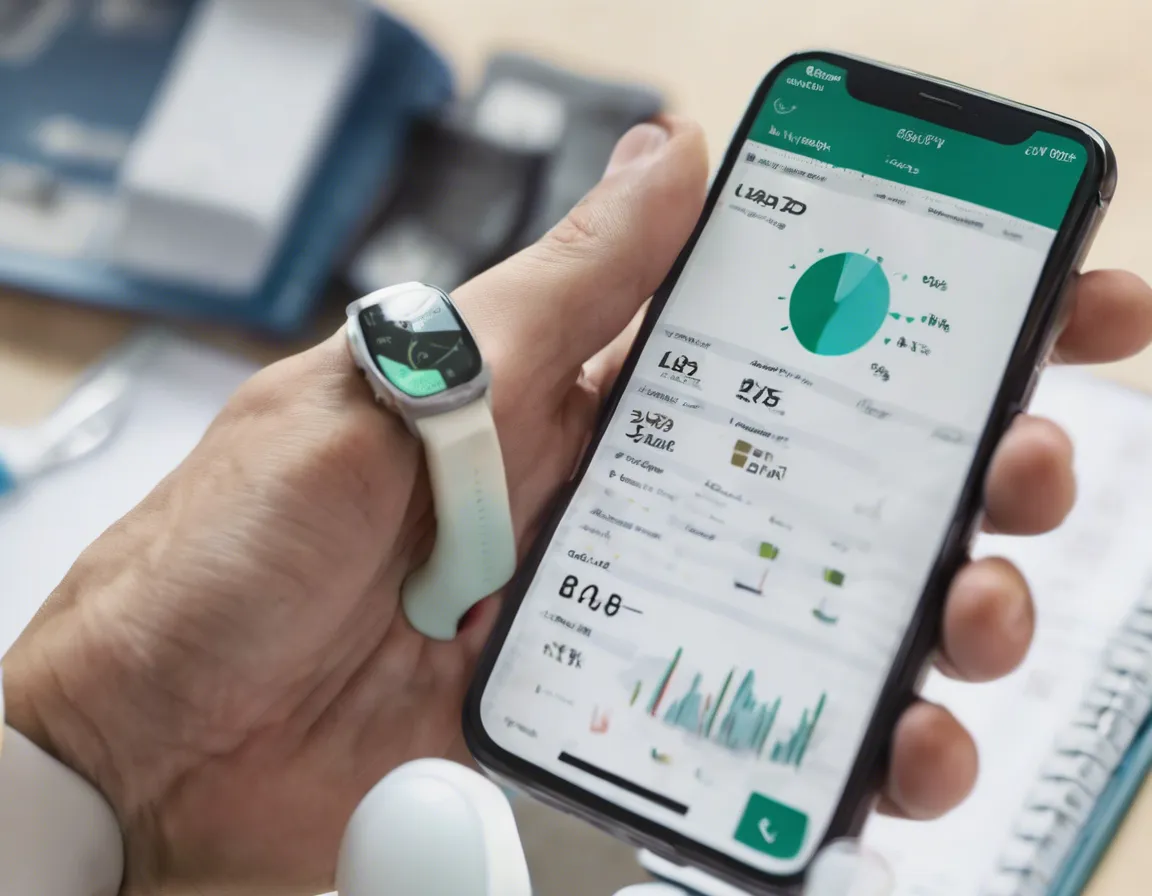
This one is not Health Tracker Mistakes. It is your mistake. While your health tracker is helpful, don’t depend on it alone. Use its data along with other health checks for a complete view. This approach helps ensure you’re not missing any important health details.
Health trackers can show trends and patterns, but they might not always be precise. Combine tracker data with regular doctor visits or other health tests to get the most accurate health picture in 2025.
Overusing a health tracker can lead to stress or obsession over numbers. Balance its use with other healthy habits like regular exercise and a good diet to maintain your well-being.
Not Syncing Data
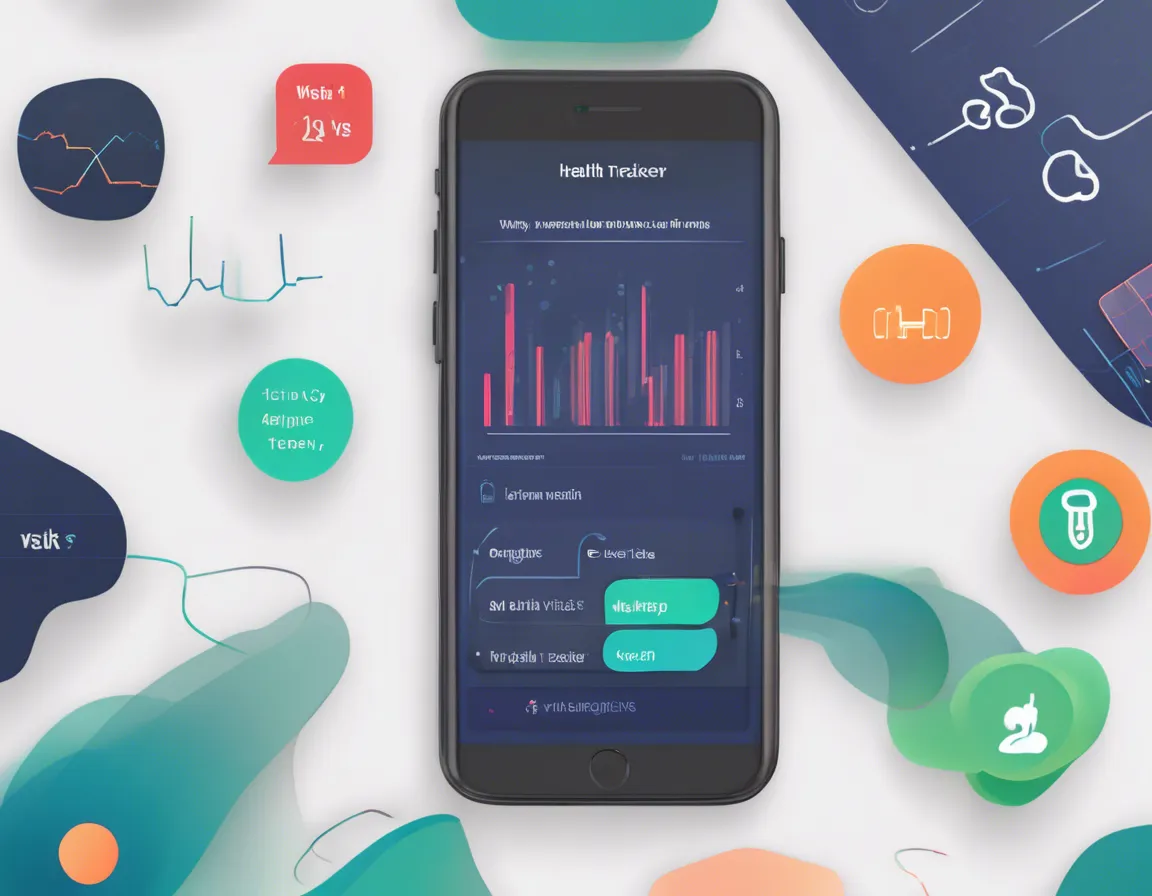
Regularly syncing your health tracker ensures that your data is always up-to-date. This helps you monitor your progress accurately and make informed decisions about your health routine.
By syncing your health tracker, you minimize the risk of losing important information. This practice allows you to maintain a consistent record of your health metrics over time and stay away of making Health Tracker Mistakes.
Keeping your health tracker synced can motivate you to stay on track with your wellness goals. Seeing your progress reflected in accurate data can be a powerful incentive to keep going.
Neglecting Device Care

To ensure your health tracker works well and lasts long, keep it clean. Regular cleaning stops dirt and sweat from building up, which can harm the device. A clean tracker gives you the most accurate readings and helps maintain its performance.
Follow the manufacturer’s maintenance tips to keep your health tracker in top shape. Simple actions like avoiding extreme temperatures and handling it with care can prevent damage. This ensures your tracker stays reliable and provides the most accurate health data and to be away from Health Tracker Mistakes.
Ignoring device care can shorten the life of your health tracker. Regularly check for software updates and apply them to keep it running smoothly. Proper care and updates ensure you get the most accurate health tracker performance in 2025 and beyond.
Ignoring User Manual
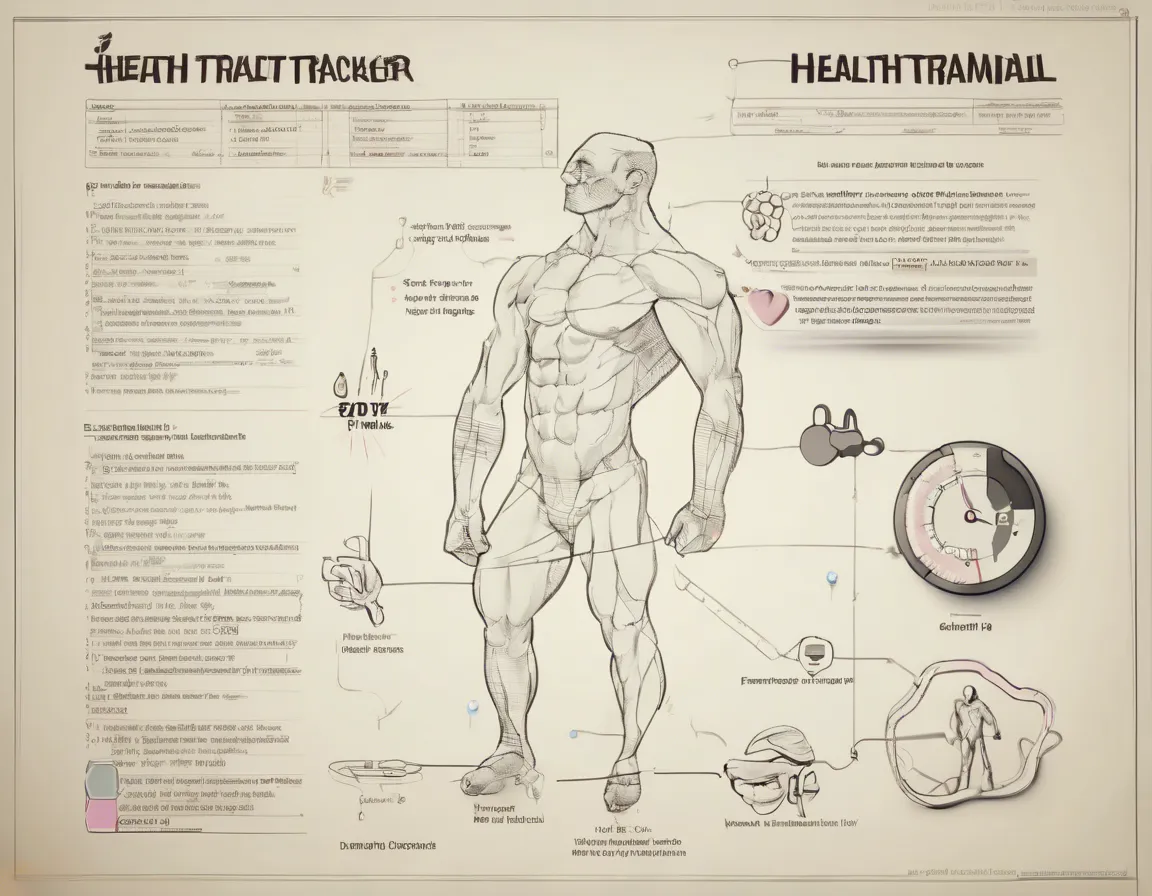
The user manual is packed with important information. Reading it carefully will help you understand all the features and make the most of your health tracker.
Skipping the user manual can lead to missing out on key functionalities. Take the time to go through it to ensure you’re using the device to its full potential in addition to avoid Health Tracker Mistakes.
By ignoring the user manual, you might not be aware of certain tips and tricks that could enhance your experience. Make sure to read it thoroughly for the best results.
Conclusion
Using the most accurate health tracker of 2025 can significantly improve your wellness journey, but only if used correctly. Avoid these common Health Tracker Mistakes to get the most out of your device. Make sure to maintain it well, understand its features, and use the data it provides to make informed health decisions. Stay committed and let your health tracker guide you to better well-being.
Questions & Answers
Question Why is it important to regularly charge your health tracker?
Answer Regular charging is essential to ensure continuous monitoring of your health. If your health tracker is dead, you will miss out on tracking important health data.
Question What are the benefits of updating your health tracker’s software?
Answer Updating the software helps fix bugs, improve performance, and include security improvements. This ensures your tracker provides accurate data and keeps your personal health information secure.
Question How does the fit of the health tracker affect its accuracy?
Answer A loose health tracker can give wrong readings, while a too-tight tracker can be uncomfortable and affect the sensors’ ability to read vital signs correctly. The device should fit snugly but not restrictively.
Question Why is calibration important for a health tracker?
Answer Calibrating your health tracker ensures that the data it provides truly reflects your health status. Without proper calibration, the measurements can be off, leading to misguided health choices.
Question What should you do with the data insights from your health tracker?
Answer Use the data to make better health choices, set goals, monitor progress, and stay motivated. Ignoring the insights means missing opportunities to improve your well-being.
Question How can setting goals with your health tracker benefit you?
Answer Setting health goals helps you stay focused and motivated. The tracker can remind you of your progress and keep you committed to achieving better health outcomes.
Question Why shouldn’t you over-rely on your health tracker?
Answer While helpful, a health tracker should be used alongside other health checks for a complete view. Overreliance can lead to stress or obsession over numbers.
Question What is the importance of syncing your health tracker’s data?
Answer Syncing ensures your data is up-to-date, minimizing the risk of losing important information and helping you maintain a consistent record of your health metrics.
Question How can neglecting device care affect your health tracker?
Answer Neglecting device care can shorten its lifespan and affect its performance. Regular cleaning and following maintenance tips ensure accurate readings and reliable performance.
Question Why should you read the user manual of your health tracker?
Answer The user manual contains important information about the device’s features and functionalities. Reading it ensures you make the most of your health tracker and are aware of tips and tricks to enhance your experience.

